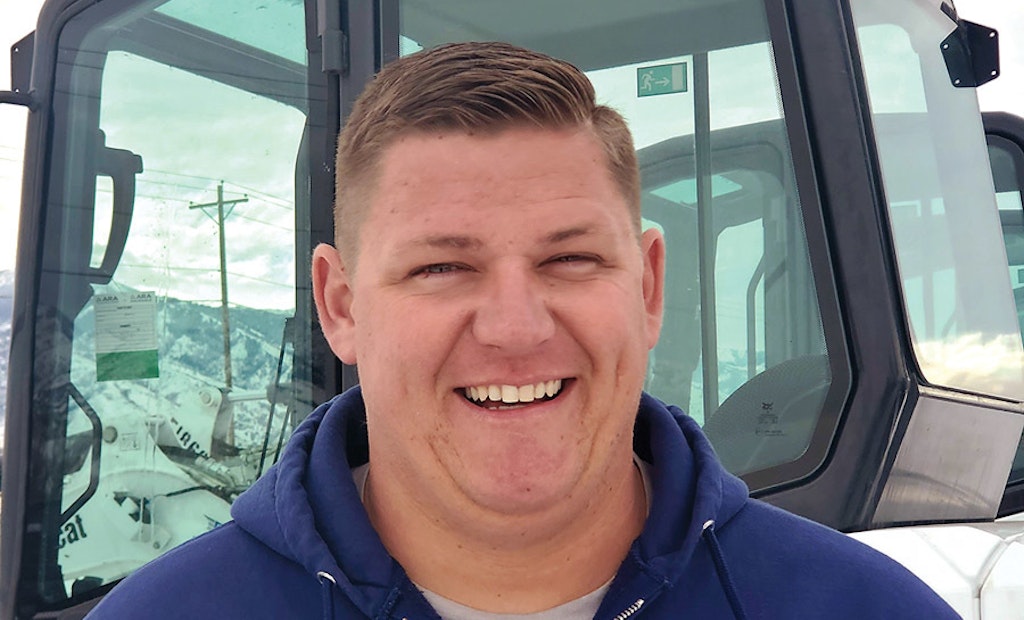A common concern in the wastewater industry — and for installers specifically — is the graying of the workforce and the nagging question of who is going to step up and fill in the ranks of aging company owners and crew members. Not a month goes by when I don’t hear a contractor...
Living His Onsite Dream Requires Working Seven Days a Week
Idaho’s Skylar Hunsaker launches an installing business on the weekends to “succeed or fail on my own and the way I see fit”
Popular Stories
Discussion
Comments on this site are submitted by users and are not endorsed by nor do they reflect the views or opinions of COLE Publishing, Inc. Comments are moderated before being posted.






